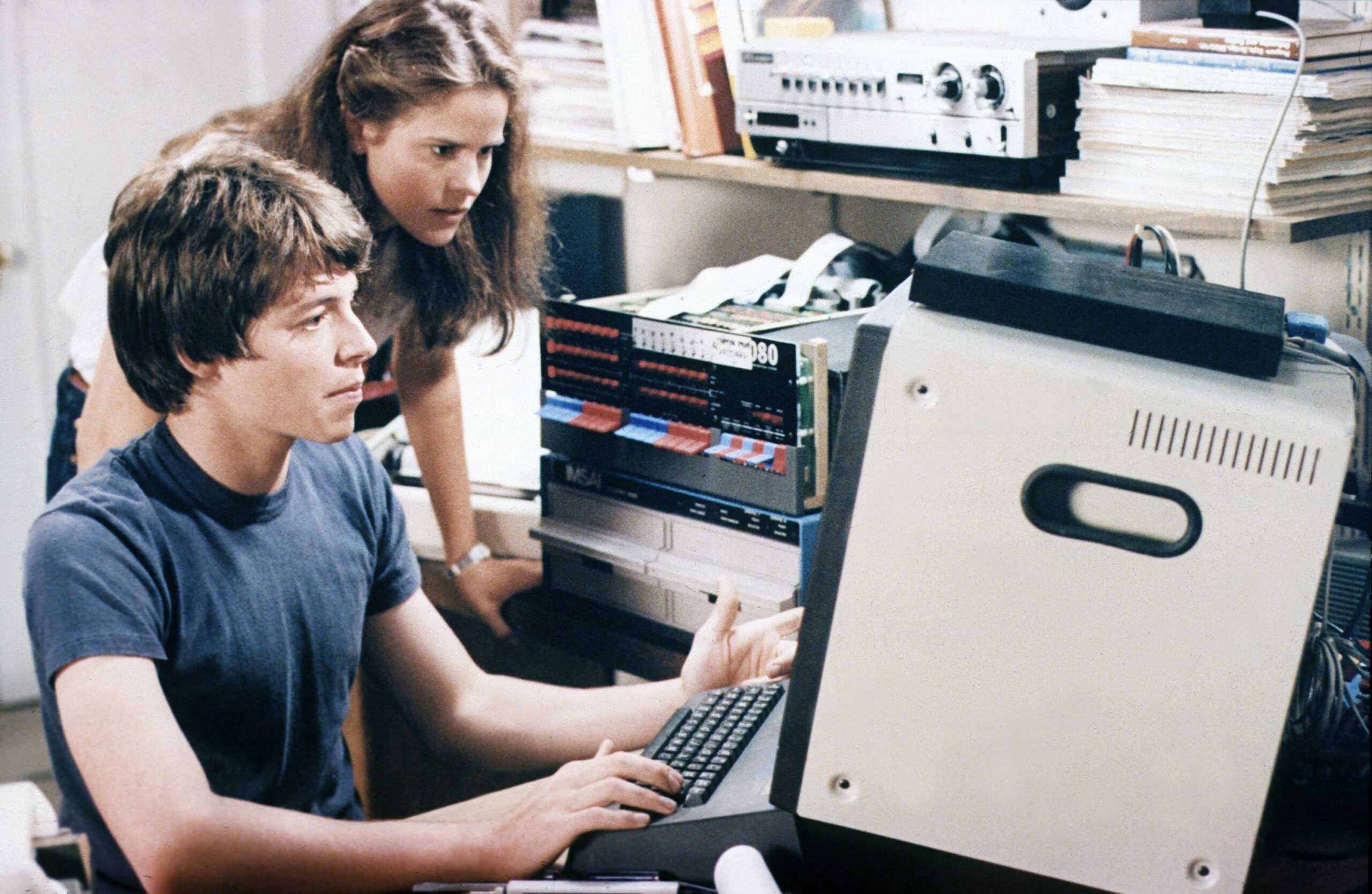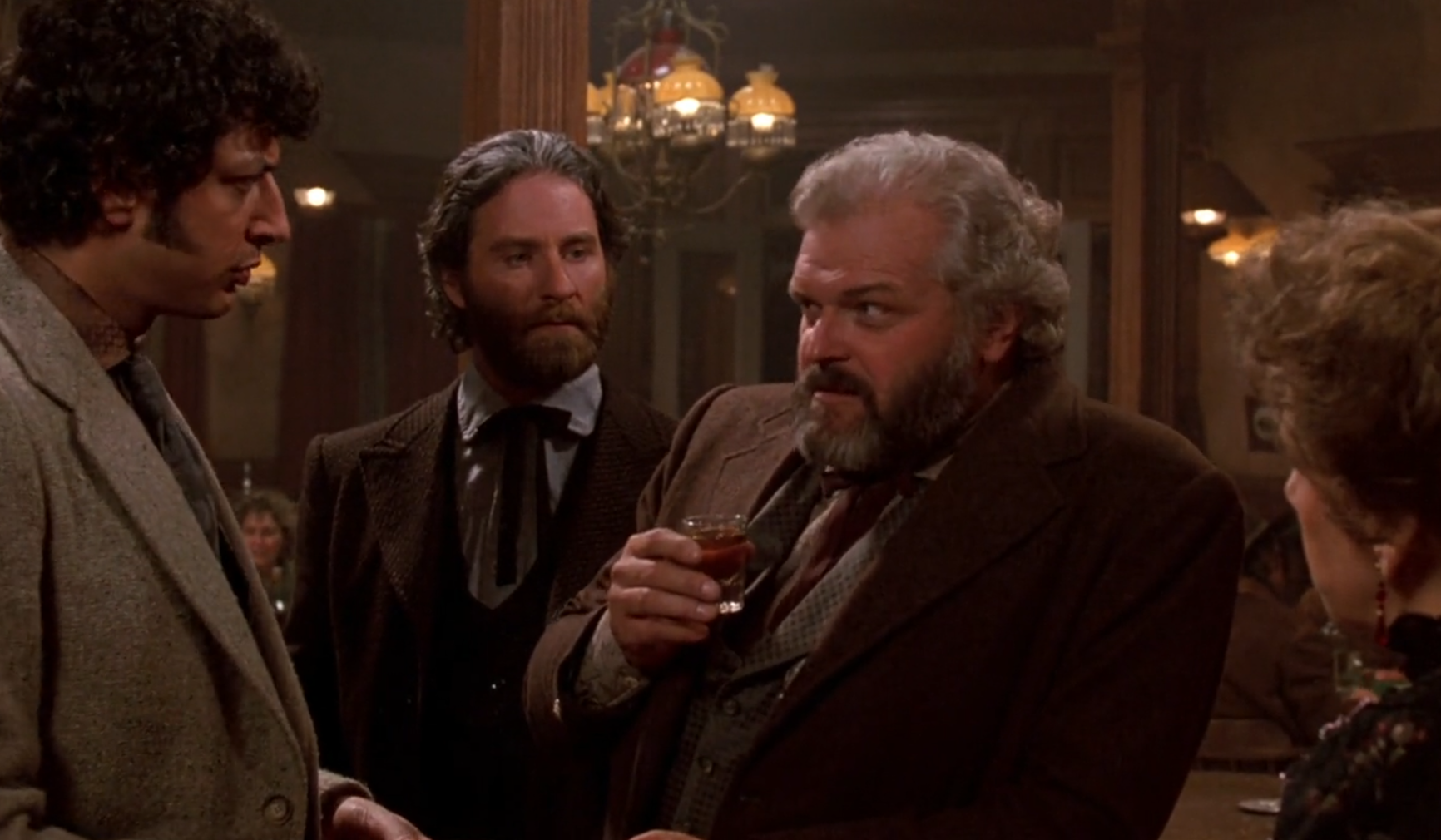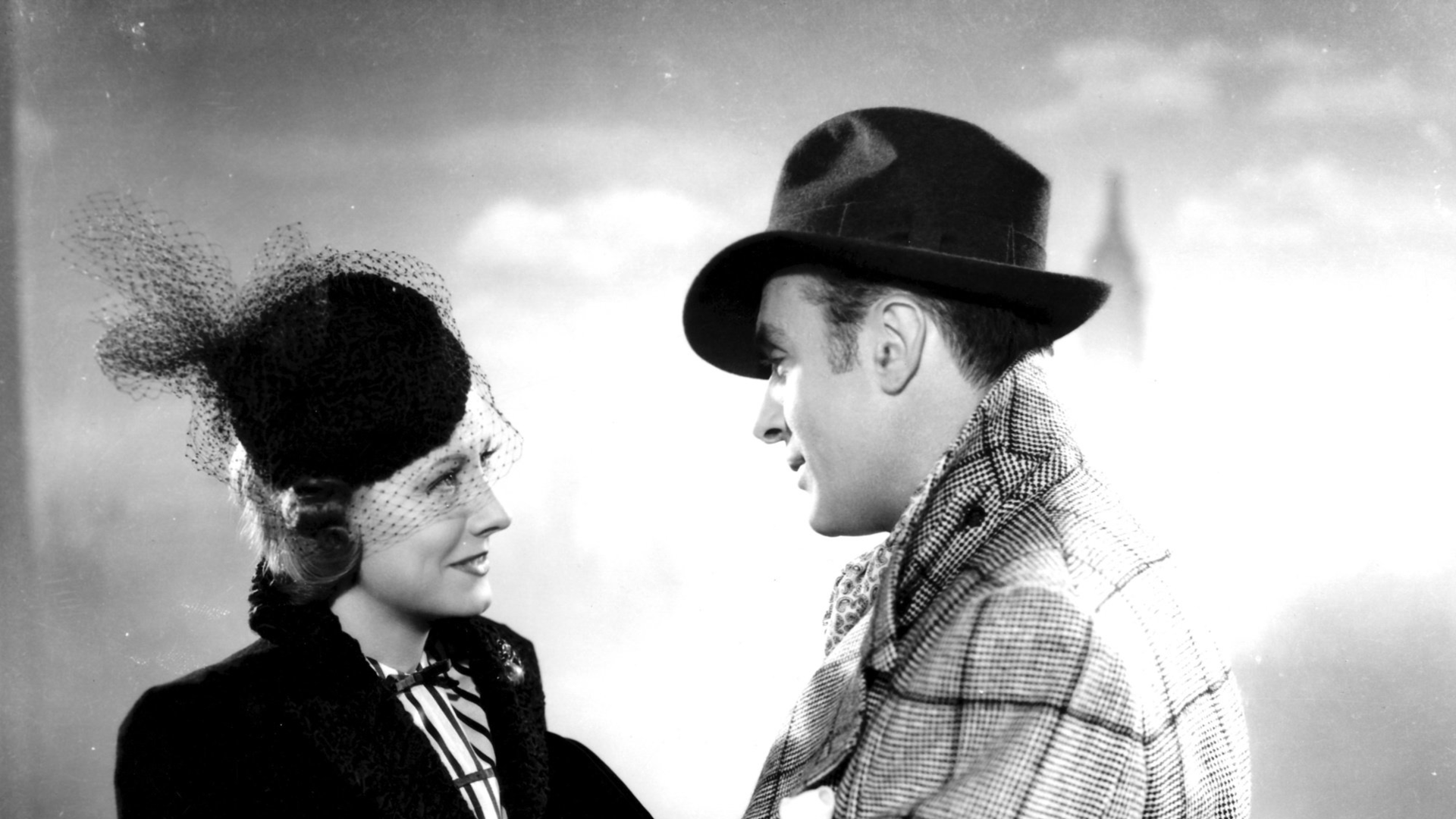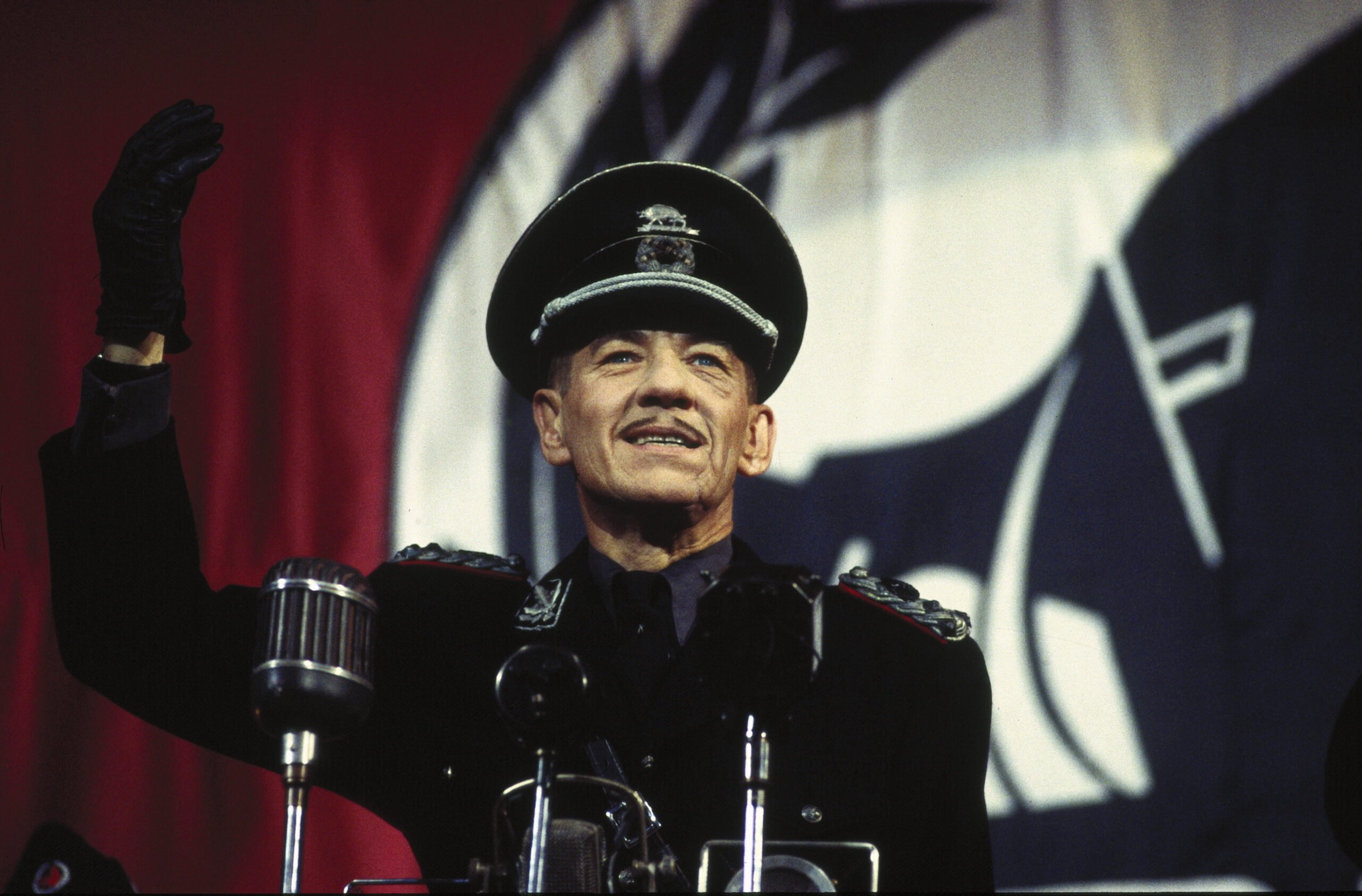10 Best Movies on MGM+ (Epix) Right Now
MGM+, formerly known as Epix, might be known for being a great platform for classics, but it also has a decent offering of recent films. In this list, we count down our most recommended films now streaming on MGM+.
* 2 recommendations are either hidden or no longer available.
A movie well-ahead of its time, WarGames follows high schooler David Lightman (Matthew Broderick) as he accidentally finds his way into the US Air Force’s supercomputer while trying to access a video game. Thinking it’s all still a game, he launches a nuclear simulation that could possibly start World War III. WarGames came out before computer hackers and cyberthrillers became popular, so it was rightly lauded by critics and audiences alike for being edgy and forward-thinking, even garnering three Oscar nominations at the time of its release. It may sound gimicky, but WarGames is saved by its smart script, which connects cybersecurity, the military, and gaming in interesting ways. It also features compelling performances by Broderick and The Breakfast Club’s Ally Sheedy. In fact, the film was so convincing that then-President Ronald Reagan, after having seen the film, had federal secruity review their digital defenses and came up months later with the the Computer Fraud and Abuse Act. What other film can say that about their influence?
The entirety of Pieces of April takes place on Thanksgiving Day, a busy holiday meant to bring loved ones together. Sure enough, April, the eldest Burns daughter, takes great pains to prepare a nice dinner for her visiting family. But we soon learn that she is motivated less by excitement than by dread: she’s long been estranged, disowned even, by her uptight mother, Joy, who is only agreeing to come because she’s sick with cancer. April seems to be on a reluctant mission to fix their fraught relationship, but pesky (albeit funny) mishaps, both on her and Joy’s end, keep getting in the way.
Shot digitally and very closely with hand-held cameras, Pieces of April looks as intimate as it feels. It’s a snapshot of an era and of a particular family dynamic, one that relatably relies on both love and scorn to keep going. It’s an excellent, honest, and underrated gem of a movie.
There’s a pervasive myth in movies that struggle (financial, physical, or otherwise) makes you stronger, but the truth is that struggle makes you weaker. Adversity makes you more resilient and resourceful, sure, but it takes a lot more to be stronger. The Fire Inside, a biopic about American Olympic athlete Ressa Shields, understands that truth, so instead of being a romanticized rags-to-riches picture, it’s instead a sympathetic and thoughtful film about how Shields and her trainer, Jason Crutchfield, navigate the many hurdles and biases that they encounter as a Black and poverty-stricken athletic team. The film is a sports drama, but the excellent dialogue (written by award-winning filmmaker Barry Jenkins) hits just as much as the boxing scenes. Unlike most sports movies, The Fire Inside’s story doesn’t stop at the crucial match—we get to see how Shield fares after all the hype and fanfare, which makes it all the more compelling and memorable.
For skeptics of the western, Silverado might be too overstuffed with storylines that feel more appropriate for a series than a single film. But those willing to give it a chance should find a consistent level of entertainment with the movie’s wide array of cowboys and sheriffs trying to outmaneuver each other. The action gets surprisingly intense, with impressive stunts and shootouts selling the idea that these characters could go at any time. And with the relatively young and fresh faces of Kevin Kline, Scott Glenn, Danny Glover, Kevin Costner, John Cleese, and Jeff Goldblum popping up, it feels like a greatest hits of the ’80s and ’90s, with these charismatic actors all getting a turn playing in the sandbox.
Has there ever been a romance film more iconic than Love Affair? Modern moviegoers might find the plot a tad simple, the scenes too reliant on dialogue, and the pace a bit slow, but this film is a classic for a reason. Love Affair works through good ol’ fashioned chemistry. It’s easy to credit this dynamic through the performances, which, yes, Irene Dunne and Charles Boyer deliver. But this dynamic was helped by the writing, with its natural slow build, great structure, and a relaxed demeanor that could only come about on vacation. It’s what makes the initial spark believable, and it’s so satisfying to prove that spark to be worth it when they continue to think the best of each other even when they have reason to believe otherwise. While its remake An Affair to Remember surpassed it in popularity, Love Affair still stands the test of time, setting the standard for all romance films to follow.
At first glance, Atlantic City is indistinguishable from most other crime films. It’s led by a charming gangster (Burt Lancaster) who falls for a beautiful woman (Susan Sarandon) half his age. They look good together and spend their blood money lavishly. But this coolness is deceptive. It eventually gives way to desperation and delusion as the characters prove to be more naive than they let on. Atlantic City could’ve easily been a farce or a failed mob drama; instead, it’s a crime film given heft by the film’s honesty about its characters’ pathetic circumstances. Director Louis Malle (Au Revoir Les Enfants, My Dinner with Andre) is juggling plenty of things here, but he makes it work, as do Lancaster, Sarandon, and their believable chemistry.
Here’s a biopic that focuses on capturing the feel of the era it depicts, rather than all the facts — and is all the better for it. 24 Hour Party People takes the same punk approach to storytelling as its subjects did to music, playfully throwing off the dull constraints that often make based-on-a-true-story movies feel like uninspired celluloid translations of a Wikipedia page.
In the film’s opening scene, Steve Coogan’s Tony Wilson breaks the fourth wall to address us directly and semi-spoil the movie’s ending. But it doesn’t matter, because the ride is so fun: we’re taken on an immersive trip through the heyday of the Manchester music scene: the births of Joy Division, New Order, the Happy Mondays, and Wilson’s Factory Records label and legendary Hacienda nightclub, an incubator for acid house and rave culture. The era’s hedonism is brought to life by the movie’s frenetic editing, documentary-style cinematography, and strobe-heavy visuals. For all its onscreen anarchy, though, the movie remarkably never feels loose or self-indulgent. Its irreverence is grounded by the ironic filter of the meta filmmaking, which frequently breaks the fourth wall to draw attention to its own conceits. A refreshing rejection of biopic tropes, but also a thrilling transportation into and evocation of the Madchester era.
One of Shakespeare’s most indelible works is brought roaring to life in this explosive adaptation. The action is transposed from the 1400s to brutalist 1930s England, with the bloody civil war between the houses of Lancaster and York being waged by tanks and planes instead of cavalry. The switch isn’t merely cosmetic, though: in an inspired move, usurper Richard is reimagined here as the fascist head of an army of Nazi-esque Blackshirts (an analog of real militant far-right leader Oswald Mosley). Ian McKellen, who also co-wrote the screenplay, gives an odious but brilliant performance as the titular Machiavellian schemer who will stop at nothing to seize the crown, even betraying his own blood.
McKellen is joined by a gluttony of acting talent: Maggie Smith plays the King’s despairing mother, Annette Bening and Robert Downey Jr. are the unfortunate American queen and her brother, while the likes of Jim Broadbent, Bill Paterson, Kristin Scott Thomas, and Jim Carter fill up the royal court. All the richness of Shakespeare’s original writing is retained, charging the performances and the film around them with a grand sense of drama. Peter Biziou’s ostentatious cinematography is a perfect frame for it all, and helps cement this as much, much more than a piece of filmed theater.













